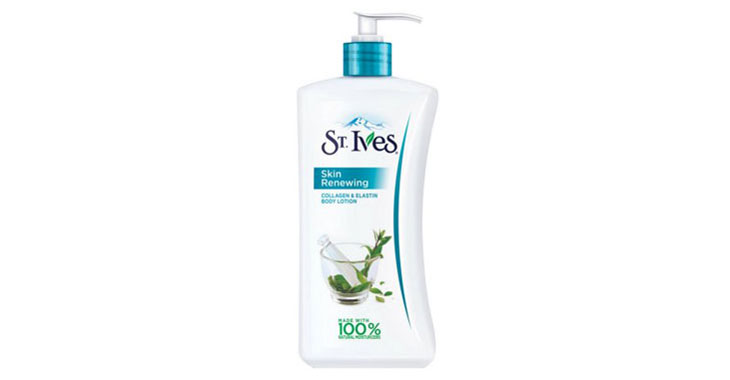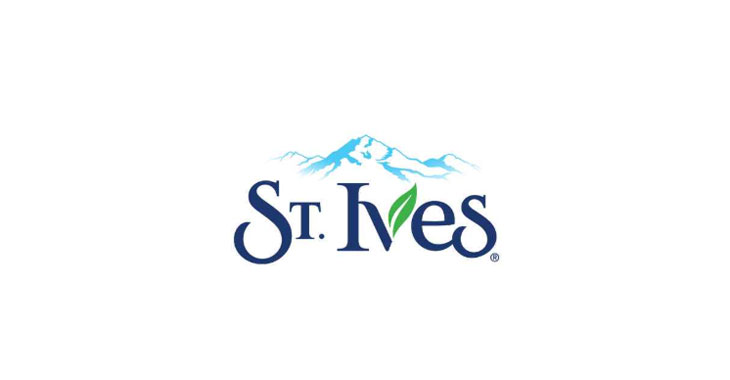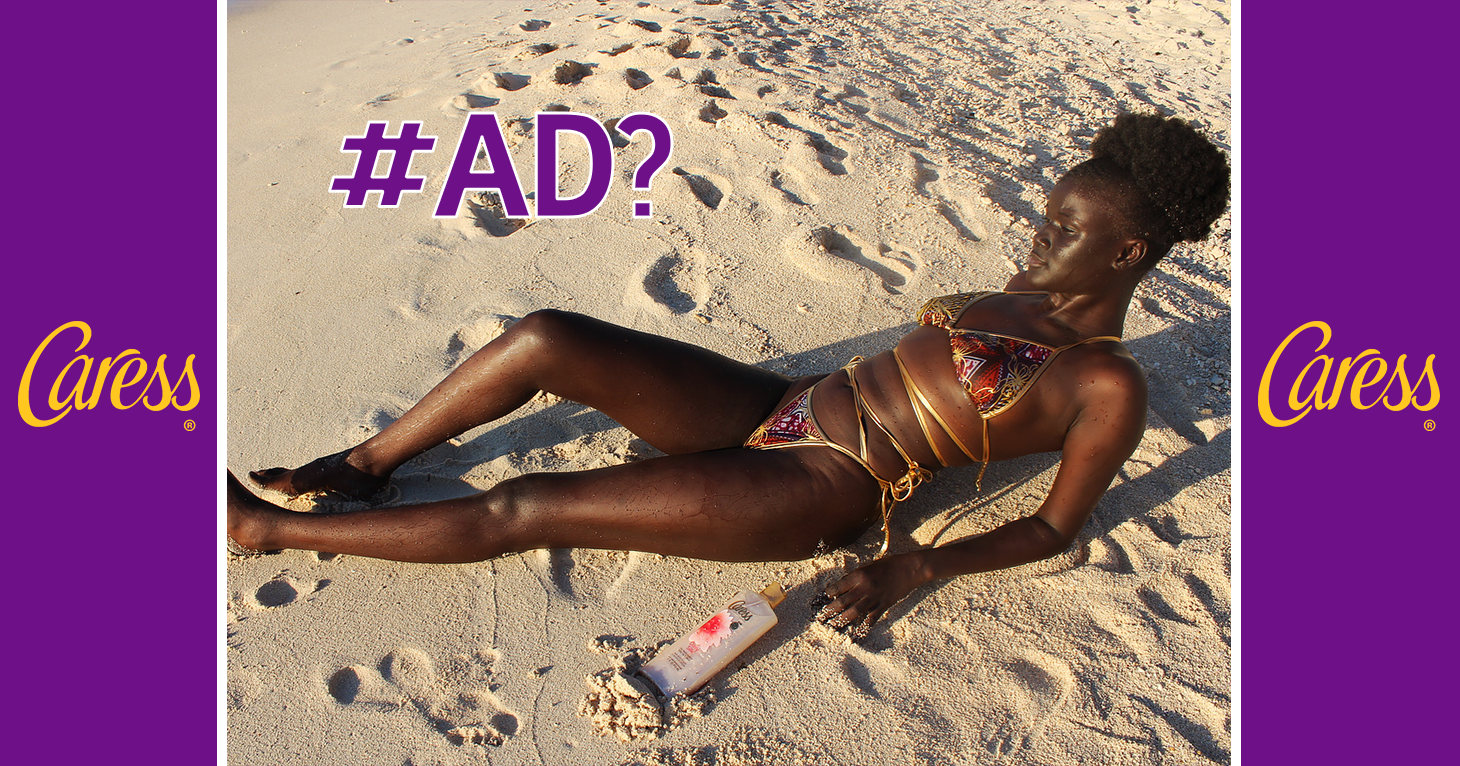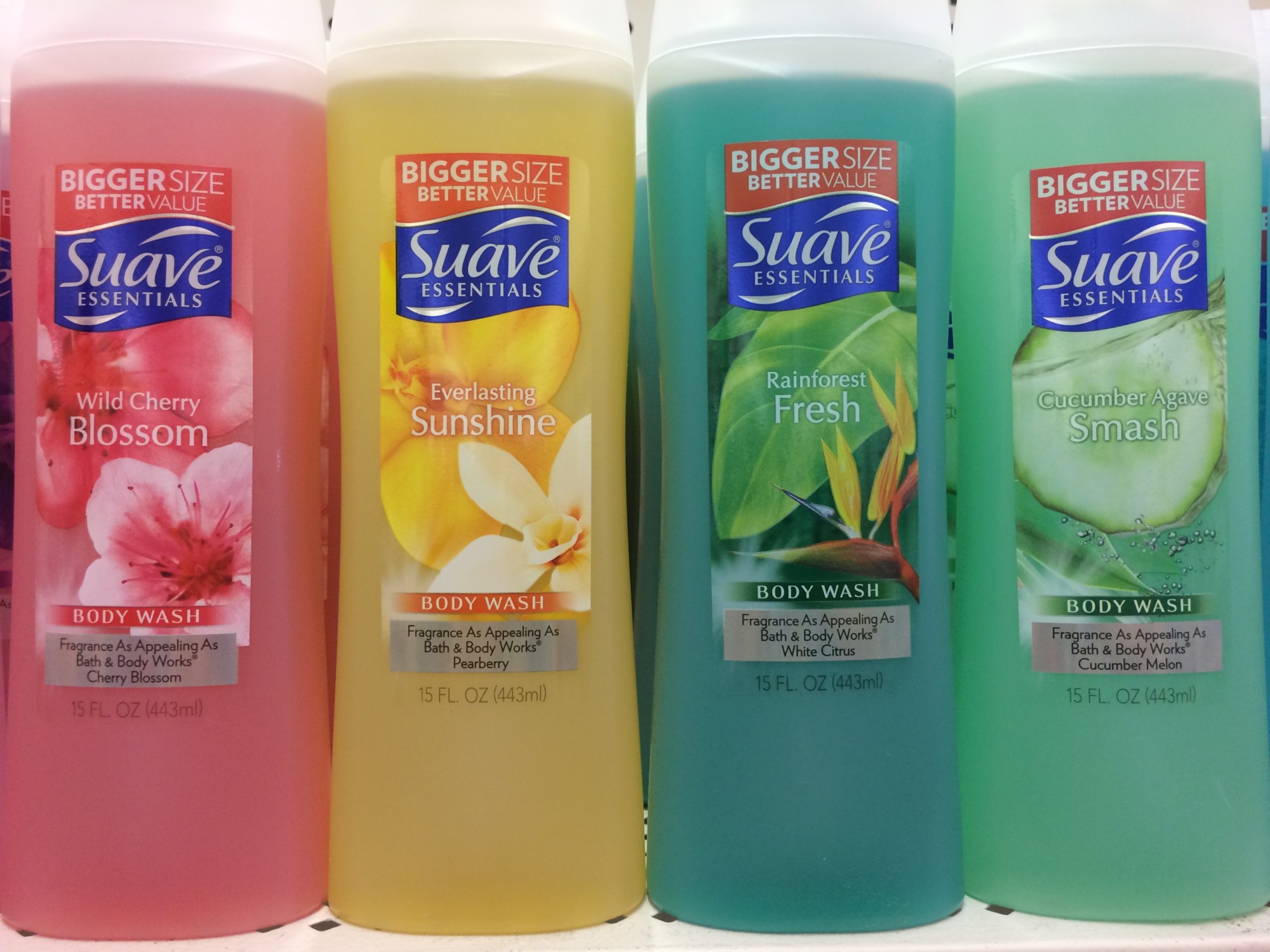
St. Ives Apricot Scrub
December 2018: A federal judge granted the company’s motion for summary judgment finding that claims regarding the company’s failure to disclose information about the facial scrub failed because plaintiffs did not show that the product was a safety hazard or defective and did not have proof that the scrub caused the alleged harm. The judge also concluded that plaintiffs failed to allege that the “Dermatologist Tested” claims were misleading because the phrase does not represent that the product is recommended or approved by Dermatologists.
December 2016: A false advertising class-action lawsuit was filed against Unilever. The complaint alleges that the company misleadingly markets St. Ives Apricot Scrub as a facial scrub that “deeply exfoliates to reveal smooth skin,” has been “dermatologist tested,” and is “non-comedogenic” (i.e., the product does not cause blackheads) when, according to the plaintiffs, the scrub causes skin damage, is not recommended by dermatologists, and contains highly comedogenic ingredients (ones that cause blackheads by blocking the skin’s pores). (Browning et al v. Unilever United States, Inc., Case No. 16-cv-2210, C. D. CA.)
Class-Action Tracker


St. Ives Lotions and Body Washes
The Latest

Ad or Not? Khoudia Diop and Caress Body Wash
Finding evidence of a material relationship on this sponsored post requires some real sleuthing.

Suave Essentials Body Wash
Unilever loses appeal to keep Bath & Body Works fragrance comparisons on product packaging.

5 Not-So-Natural Personal Care Products
With Earth Day right around the corner, here’s a handful of items whose earthy claims have been challenged.

Ad or Not? New York Magazine
Hype or editorial content regarding this hyperpigmentation serum?

Ad or Not? Snapchat and DJ Khaled
Is DJ Khaled the key endorser on Snapchat?